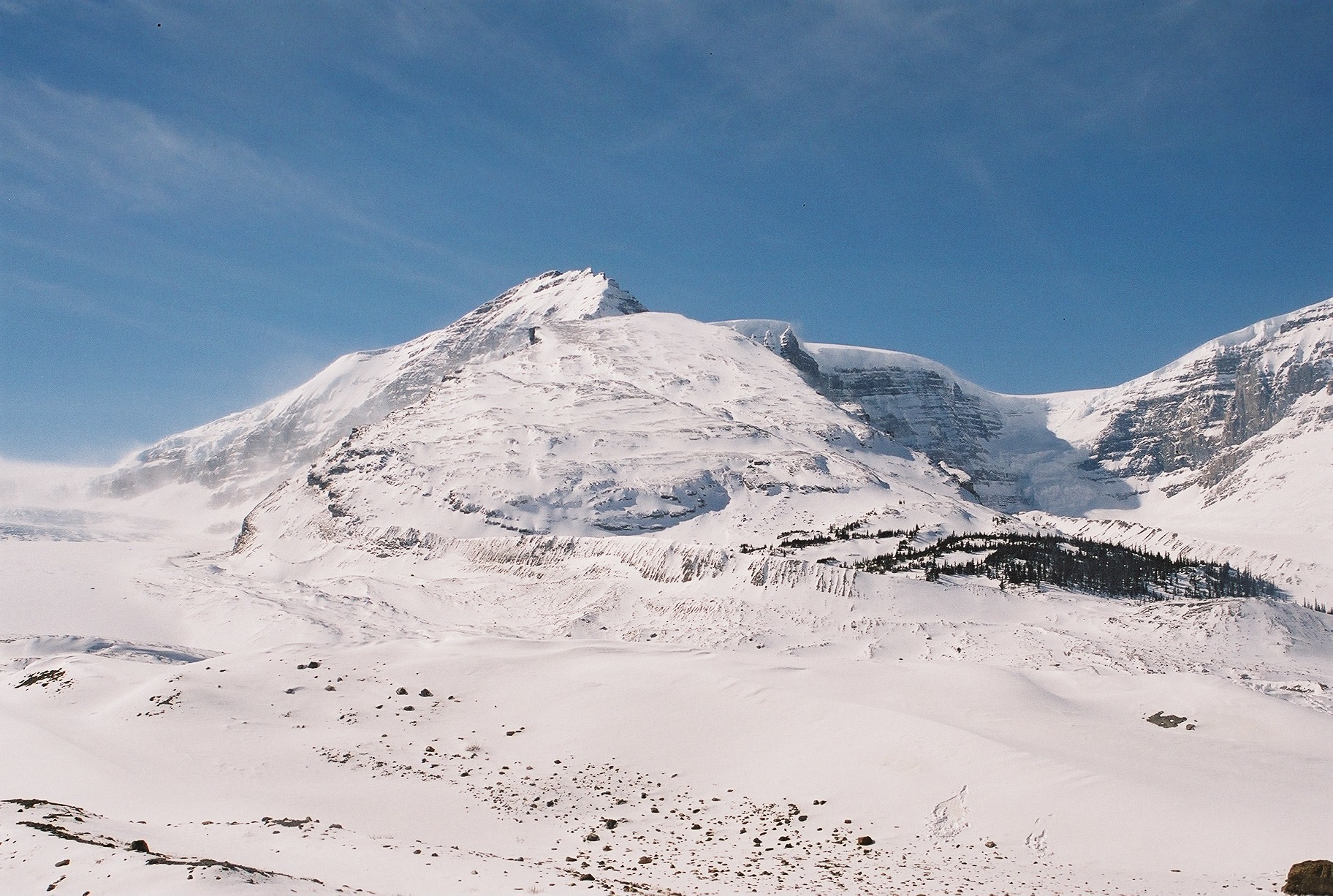
While glaciers are an optimum site for tourists to look for when choosing an adventurous venue, a study indicates that in the contemporary world, the glaciers melt as fast as the snow melts when the temperature rises.
A study by international researchers and scientists using a supercomputer at the University of Northern British Columbia (UNBC) has worked out and produced information that numerous of Western Canada’s glaciers will disappear by the year 2100, which will send shockwaves to the provincial economy and social lifestyle as well. How this will impact the tourism revenue generated for the region is a pending question, which will be answered as time tick away.
Numerous speculations and reasoning about the cause of the glacial melting vary from one school of thought to the other. However, the most accepted answer to the global melting of glaciers is provided by Intergovernmental Panel on Climate Change (Intergovernmental Panel on Climate Change IPCC). IPCC believes that warmer temperatures, which are globally prevalent and associated with climate change, cause worldwide glacial melting, which also stands true for the British Columbia glaciers melting.
BC comprises as many as 17000 glaciers, and Alberta has around 800, which accounts for 2-3% of the land of BC.
Disappearing glaciers could also pose certain threats to the physical safety of the residents as well. Glacier melting does not only mean that the tourism sector, hence the economy, of BC is at stake, but an increased risk of land sliding and flooding might be some possible outcomes. With the previous history of disasters caused by glacial melting, the BC residents expect some silver lining to show in such unenviable circumstances.





